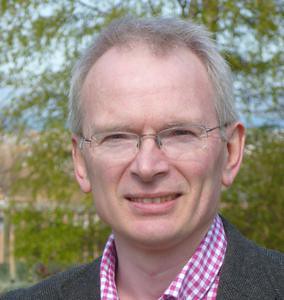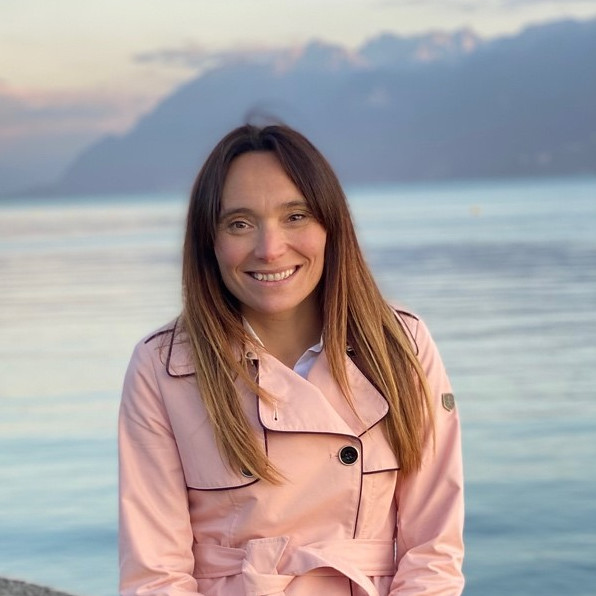Determining the Adsorption Properties of Novel Nanoporous Materials for the Evaluation of Process Performance for Applications in Energy Recovery and Storage
The use of novel nanoporous adsorbent materials for applications in energy recovery and storage is a field that has grown rapidly in the last 10 years. Systems that use water are widespread, yet the measurement of equilibrium and even more kinetic properties is time-consuming and challenging. To predict correctly process performance it is important to obtain the intrinsic properties of the material, but in the case of water adsorption it is nearly impossible to achieve isothermal conditions in kinetic experiments and complex isotherm shapes are obtained. Therefore, the transport coefficients estimated will be affected by the accuracy of the isotherm used and the correct decoupling of heat effects. Here we outline the methodology used in our group, based on combining conventional experiments and the zero length column technique. An example for water adsorption on silica gel will be used to show how the zero length column technique can be used to obtain directly mass transport coefficients without the need to use an explicit isotherm model.

Professor Stefano Brandani is Editor in Chief of the journal Adsorption (Springer) and Professor of Chemical Engineering at The University of Edinburgh. He is a world-leading expert in the fundamentals of adsorption and adsorption processes, with a particular interest in the characterisation of kinetics of gases and vapours in nanoporous materials.
Decarbonising the world through compact thermal energy storage
Heating and cooling processes are the major contributor to CO2 emissions globally, and thermal storage has a major role to play in decarbonising how we deliver warmth and coolth. This talk explains the role of Sunamp thermal batteries in this transition. Sunamp's compact thermal storage solutions utilise solid-to-liquid phase change materials as an energy dense storage medium. These heat batteries are combined with cleantech heating and cooling devices, such as heat pumps and sorption devices to result in increased electrification, and decarbonisation, of heating and cooling via renewable eletricity usage. Key heat battery features are: compactness, low heat loss/gain, integrations with renewable heat/cold generators and operation over low differential temperatures. To date, over 25,000 Sunamp heat batteries have been installed.

Dr David Oliver is Head of materials at Sunamp Ltd, world leader in thermal storage batteries. David is a recognised expert in phase change materials and in transferring applied thermal storage and thermal energy materials concepts from lab to society. He is co-author of seven patents and as Head of Materials at Sunamp, he is responsible for materials development and quality control, intellectual property, enhancement of collaborations with academia and integration of new innovations into existing architectures.
Latent Heat storage for flexible sector coupling and efficient process steam generation
This contribution gives an overview of our latest research on the development of compact, high power latent heat storages for steam processes. The current dual tube design of the heat exchanger embedded in the storage has been developed within the framework of the European Union's H2020 project CHESTER. It enables the storage’s use in a wide range of applications ranging from waste heat recuperation, Power-to-Heat to Power-to-Heat-to-Power (also known as Carnot Battery). This presentation will focus on experimental results obtained from a 200kWh in house demonstrator and touch upon the technologies potential for flexible sector coupling and power to process heat applications.

Professor Annelies Vandersickel is Head of the Thermal Process Technology Department of the German Aerospace Center (DLR Institute of Engineering Thermodynamics). Professor of Thermal Energy Storage at the University of Stuttgart.
Joint Talk on Materials and Processes for CO2 and Water

Professor Paul Wright is Professor of Physical Chemistry at the University of St Andrews. His work contributes to the research of metal-organic frameworks and zeolites, as well as mesoporous materials. His research focuses on the development of new materials and fundamental research in the area of porous materials, as well as the application of known materials in industrially important areas.

Professor Susana García is Professor of Chemical and Process Engineering and Deputy Head of the Institute of Mechanical, Process and Energy Engineering at Heriot-Watt University in Edinburgh, United Kingdom. Currently, she is a Visiting Professor at École Polytechnique Fédérale de Lausanne (EPFL) in Switzerland. She is also the Associate Director in Carbon Capture and Storage at the Research Centre for Carbon Solutions (RCCS), an interdisciplinary world leading engineering centre, inspiring and delivering innovation for the wider deployment of technologies needed to meet necessary carbon targets.
Her current research focuses on advancing materials and separation processes for energy, industrial and environmental applications. She ambitions to change the paradigm on how novel processes based on advanced materials are developed through the integration of process engineering and basic science.

Dr Larisa Gordeeva is Leading Researcher at Boreskov Institute of Catalysis (BIC), Russia (the Group of Energy Accumulating Materials and Processes). She received her Ph.D. in Chemistry in 1998 and Dr. Sci. degree (Dr. Hab.) in Physical Chemistry in 2013 from BIC. Her research interests are in Material chemistry, rational design of adsorbents, Nanocomposites salt/matrix, Metal-Organic Frameworks, Adsorption, Adsorptive heat conversion and storage.


